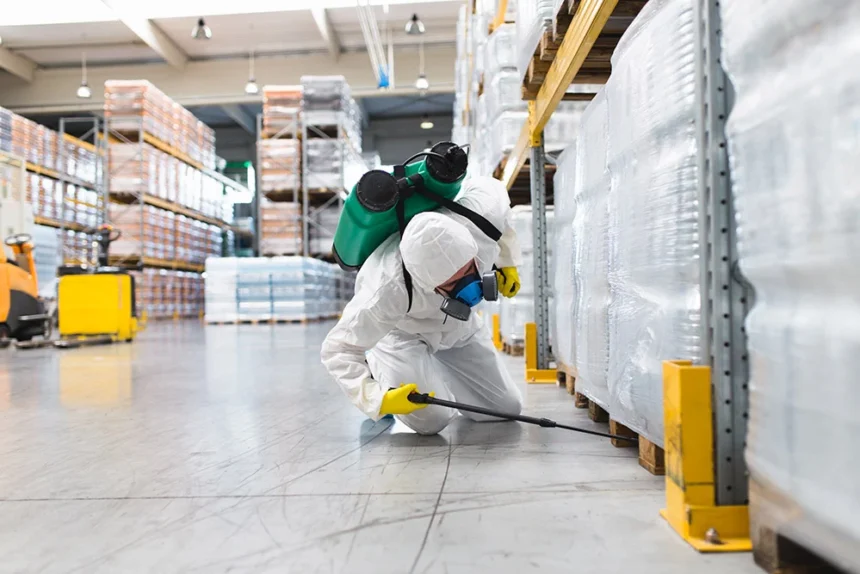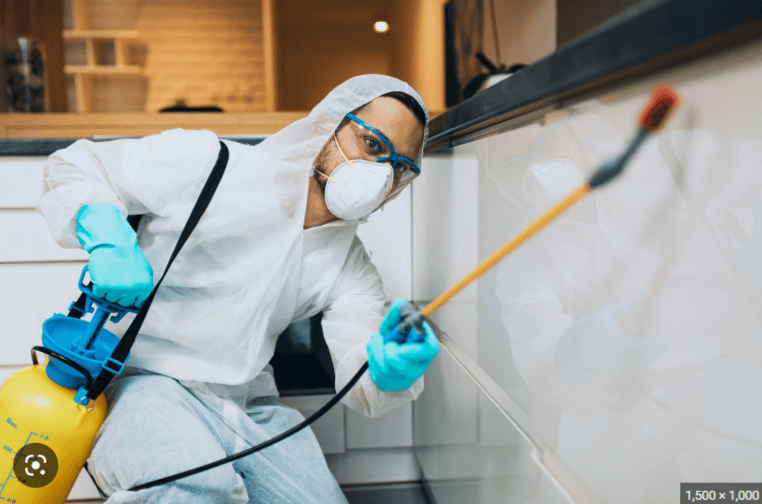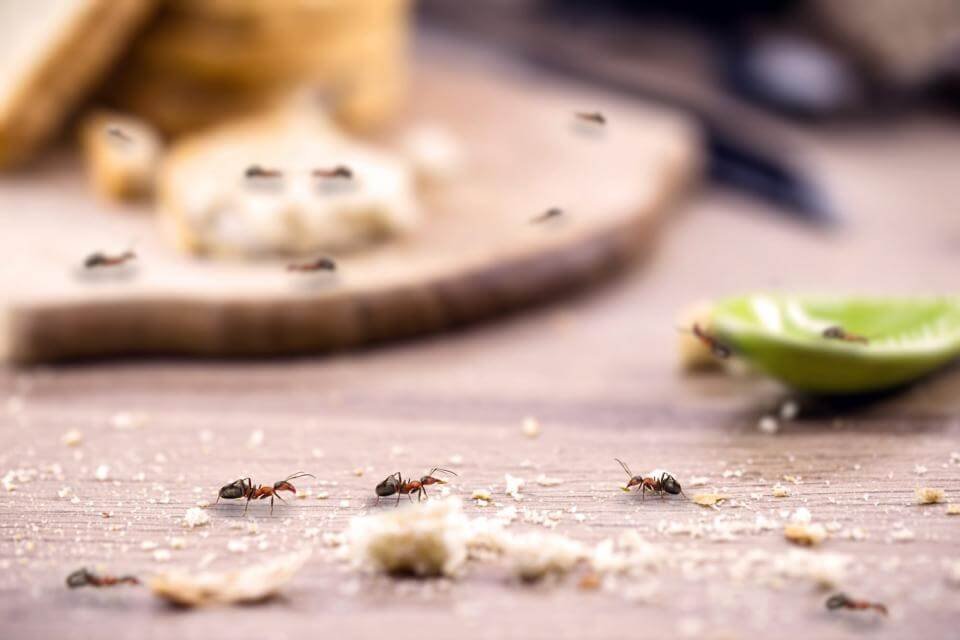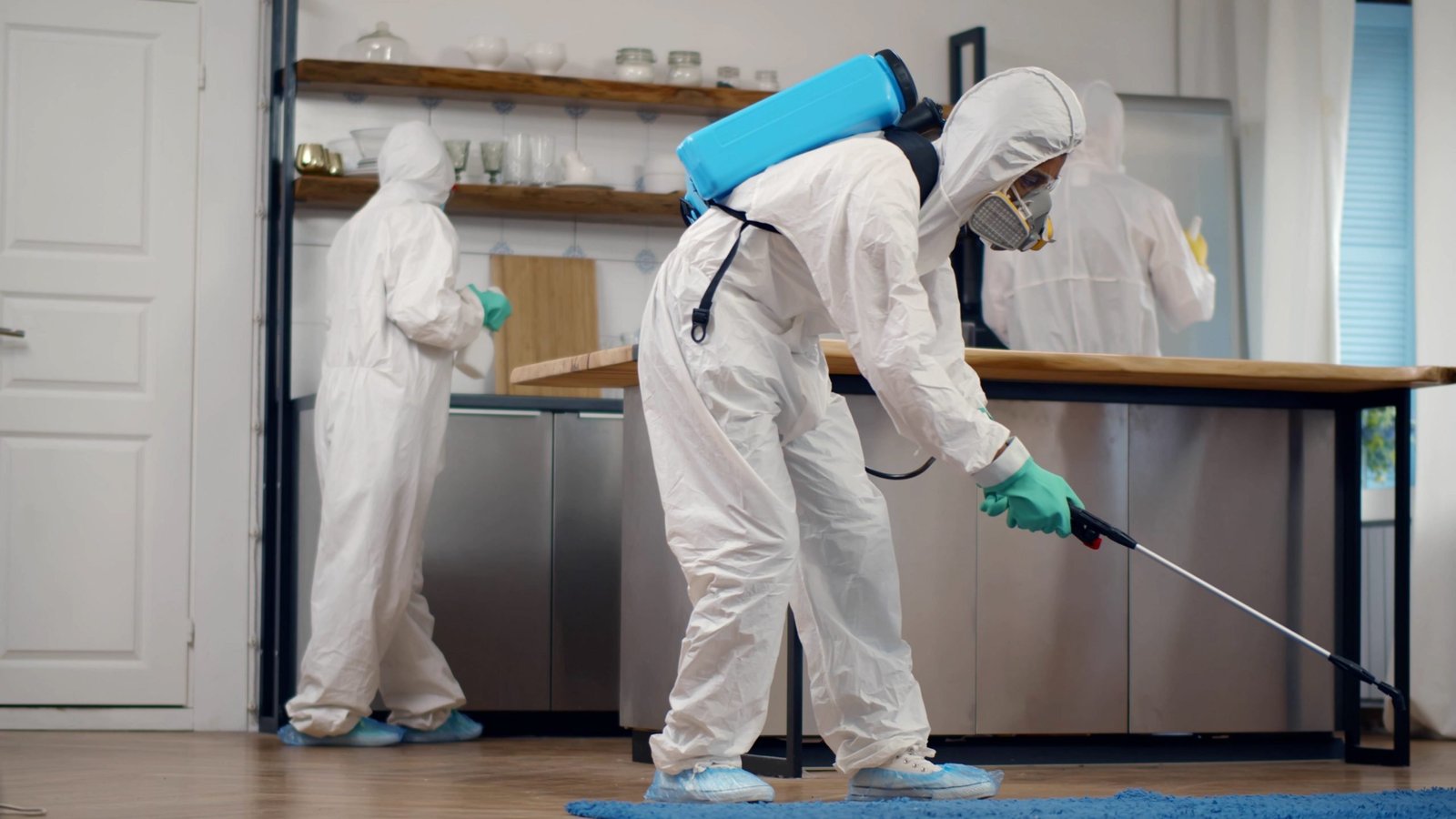Having a business space that is clean and pest-free is dependent on hiring a reliable pest control service. Significant property damage, reputation loss, and even health concerns to workers and consumers are all possible results of pest infestations.
Despite the abundance of alternatives, choosing a reliable and efficient commercial pest control firm requires careful consideration of a few key elements. This essay will examine the critical variables to think about while making such a crucial choice.
1. Industry Experience and Expertise
When looking for a commercial pest control business, knowledge and skill in the field should be high on your list of priorities. If you need pest control in a business environment, you should choose a firm with experience doing it.
An experienced business will have dealt with a broad variety of pest problems throughout the years, giving them the skills to eradicate them all.
2. Licensed and Insured
Verify that the pest control service you choose has the necessary licensing and insurance. A license is evidence that they have completed the required training and met all legal standards.
Any potential risks associated with pest extermination may be mitigated with adequate insurance coverage. Before making a final choice, be sure you have seen proper documentation of insurance and licensing.
3. Integrated Pest Management (IPM) Approach
Think about hiring a service that uses an IPM strategy for dealing with pests. Integrated Pest Management (IPM) is a proactive approach to pest control that employs a wide range of tactics, including surveillance, cleanliness, and pinpointed chemical applications.
Instead of depending primarily on chemical treatments, this strategy seeks to minimize pesticide usage and find long-term alternatives to decrease insect populations.
4. Experience and Specialization
Find a service that focuses on protecting commercial buildings from pests. They will be well-versed in removing pests from commercial settings like yours. If a pest control company also offers business services, it’s best to go elsewhere.
You need experts who are familiar with the particular difficulties of pest management in a business environment.
5. Range of Services
Check over the pest control company’s options to see what they have to offer. A good business pest control service should be able to meet all of your requirements.
Regular inspections, pest detection, individualized treatment programs, constant monitoring, and preventative education are all possible components of this service.
It’s best to use a company that can deal with several insect problems using an integrative strategy.
6. Reputation and Reviews
Learn as much as you can about the track record of the potential pest control service. Search for client feedback in the form of ratings, reviews, and testimonials posted online. You may learn about the company’s dependability, professionalism, and efficiency in dealing with pest control concerns from this.
You may also inquire about the company’s track record by contacting former customers who have served as references.
7. Safety Measures
Controlling pests sometimes necessitates the use of toxic pesticides and other potentially dangerous treatments. Find out what the pest control firm is doing to ensure the safety of its staff, clients, and the surrounding area.
Risks from therapies may be reduced if they follow established procedures and use best practices in the field. Find out what they use and whether there are any low- or no-toxicity substitutes available.
8. Contracts and Pricing
Take a look at the service agreements, prices, and conditions provided by the pest control firm. Make sure there are no surprises when it comes to payments or other commitments by reading the fine print.
Learn about the recommended treatment plan, the recommended follow-up appointments, and the terms of any guarantees or warranties. It’s smart to get estimates from many providers and weigh the quality of service against the price.
9. Training and Certification
Make sure your service professionals are knowledgeable and certified in green practices with qualifications like ecoWise or GreenPro.
This exemplifies their familiarity with eco-friendly methods for controlling pests. Inquire about the training programs that keep specialists abreast of industry changes and advancements.
10. Customer Service and Communication
The organization must listen to your concerns and give you prompt, accurate responses. Verify that you will be updated on the status of treatments, pest activity, and preventative measures.
The specialist that comes to your home should be professional, kind, and eager to help.







